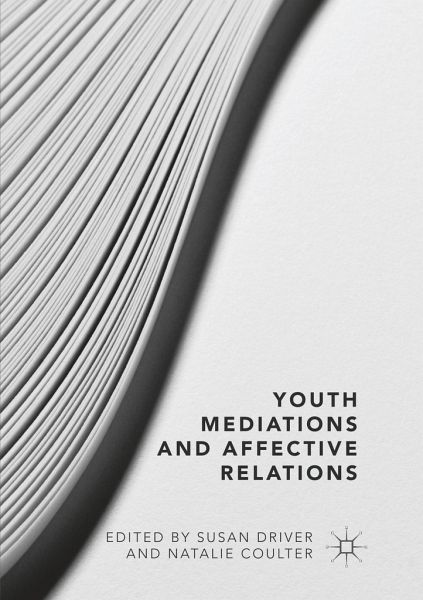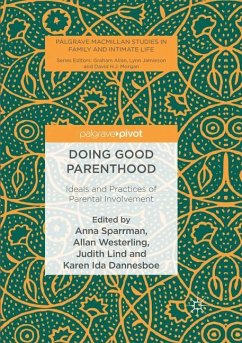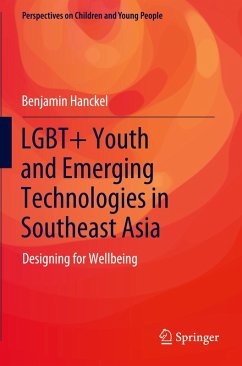
Youth Mediations and Affective Relations
Versandkostenfrei!
Versandfertig in 6-10 Tagen
76,99 €
inkl. MwSt.

PAYBACK Punkte
38 °P sammeln!
Youth Mediations and Affective Relations explores dynamic and expansive possibilities of young people's affective lives as they engage with diverse social media in prolific and specific ways. It addresses the situated embodied and emotional experiences of young people as they actively use media in order to forge communities, play imaginatively, protest injustice, experiment with their identities, make media or explore friendships. Furthermore, it explores the relational and contextual dimensions of their everyday interactions. Against static knowledge and moral panics that abstract youth from ...
Youth Mediations and Affective Relations explores dynamic and expansive possibilities of young people's affective lives as they engage with diverse social media in prolific and specific ways. It addresses the situated embodied and emotional experiences of young people as they actively use media in order to forge communities, play imaginatively, protest injustice, experiment with their identities, make media or explore friendships. Furthermore, it explores the relational and contextual dimensions of their everyday interactions. Against static knowledge and moral panics that abstract youth from the complex and changing worlds in which they grapple with digital media, this book hones in on the layered textures of youth experiences to consider how today's youth think and feel in subtle and unexpected ways.












